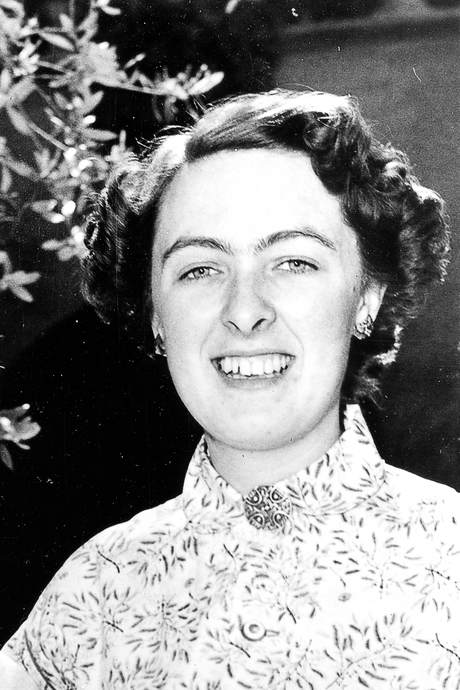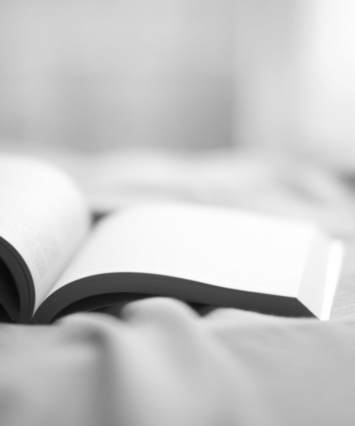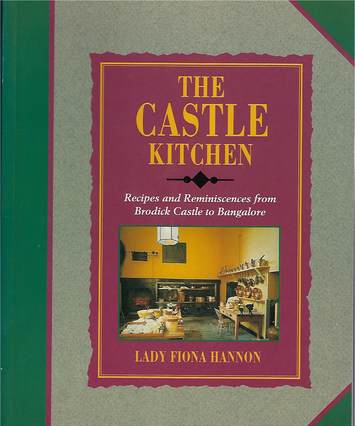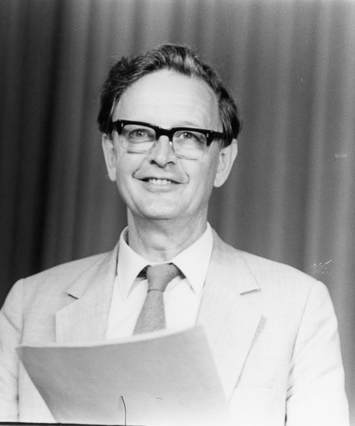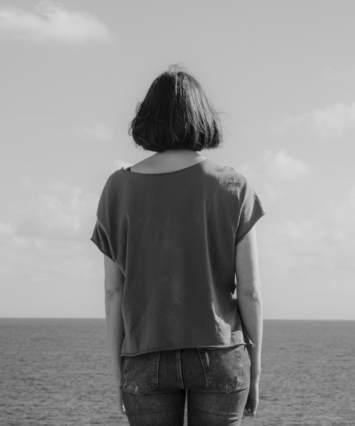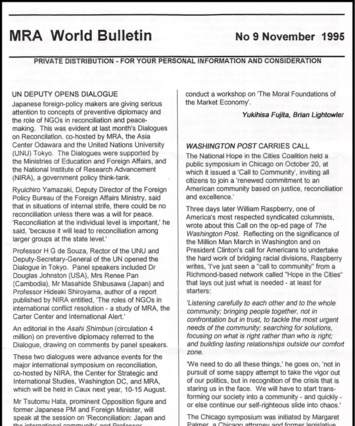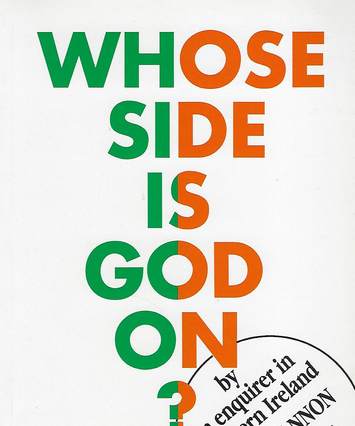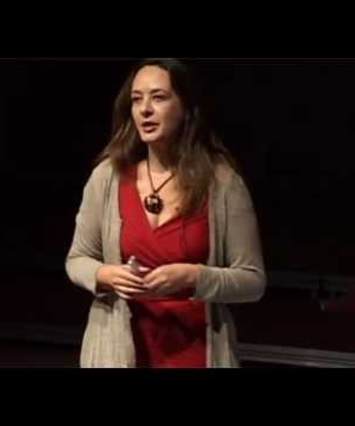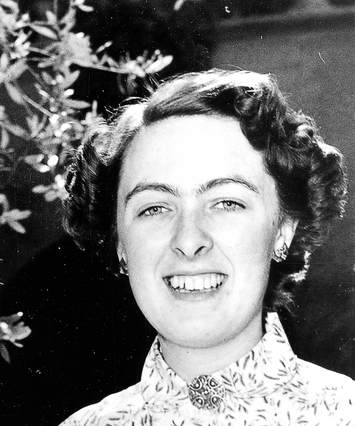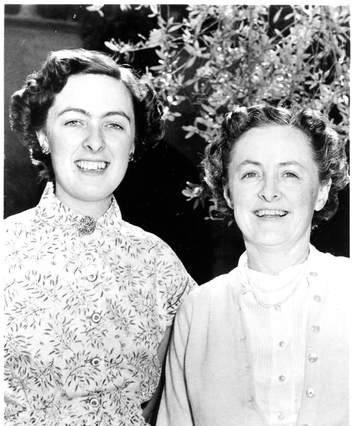Fiona was born on 1st January 1932 in Harare, Zimbabwe and for the first few years of her life lived in mud huts in the African bush while her father built their first proper home. Her father, later the 7th Duke of Montrose, was the son of one of the foremost Scottish families, but also an adventurer with a lifelong love of Africa. Her parents, however, parted ways when she was just five years old and her mother, Isobel returned to Scotland. Money was
short and Isobel found work with the Scottish Garden Scheme.
During the war Fiona’s grandparents requested the family move to their country estate on the banks of Loch Lomond – away from the bombings of Scottish cities. The house and castle were used as a military hospital and base for doctors. It was at the end of the war, in 1946, that Fiona’s mother was invited with her two children to Caux. It was just being established as a world conference centre in Switzerland. Fiona, in a book she wrote in later years about her mother ‘Facing the Wind’, spoke of this time as a transformational experience for her - witnessing the first meetings between French and Germans after the horrors of war and, particularly, the idea that the way a personal life was lived could have an effect on the life of one’s nation. Fiona writes of how she began to listen for God’s guidance and to look at her life in light of Christ’s standards of absolute honesty, purity, unselfishness and love. It was a decision that in later years also helped her find freedom from the bitterness she held towards her father.
In 1949, Fiona, at the age of seventeen, decided that Caux offered her the opportunity to do something worthwhile. She was invited to work in the kitchens and was intrigued by the idea of cooking as an important and natural way to care for people. Kate Cross, a remarkable Canadian, who headed up the cooks spoke of how Christ used meals to bring healing. She believed that meals should create the atmosphere for people to talk freely and openly. Fiona soon found herself preparing lunch or dinner for up to a thousand people at a time. In a later book that she published, ‘The Castle Kitchen – Recipes and Reminiscences from Brodick Castle to Bangalore’ she writes, “It was the beginning of work which in the next 15 years before I married took me to Germany, Sweden, Britain, the United States, India and Africa, very often cooking, though sometimes, as a change, working backstage in theatre productions. The kitchen, however, always seemed to draw me back. Not everyone understood what I was up to, but I was certain that this was what I wanted to do. And,
looking back on forty years, I am more than ever glad I took that decision.” (p.76)
In 1966 Fiona married Peter Hannon. Her father, who was a member of the House of Lords, was also part of the Cabinet in Rhodesia, at the time. As a signatory of the Unilateral Declaration of Independence from Britain, he had been barred from returning to the UK and could not attend the wedding. Fiona’s marriage took her first to Northern Ireland and later, with her family, to South Africa.
Fiona and Peter committed their lives together to try and bridge divides between communities. Together they tried to understand the pain of history both in Ireland and South Africa and intentionally reached out to individuals from backgrounds very different to their own to try and understand their feelings and to live in a way that answered the hurts and bitterness in others and in so doing to try and find a different road ahead.
by Catherine Boobbyer and Veronica Barke

